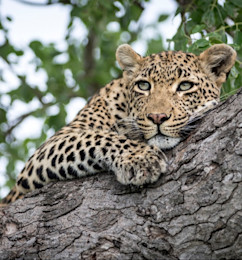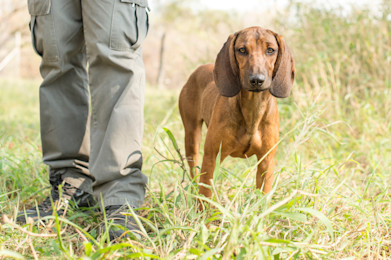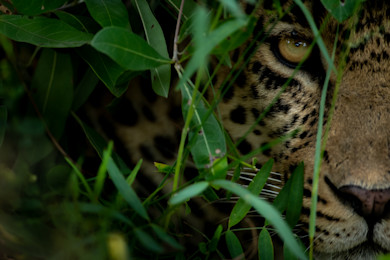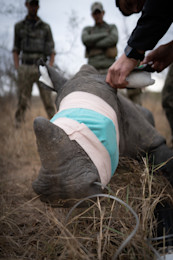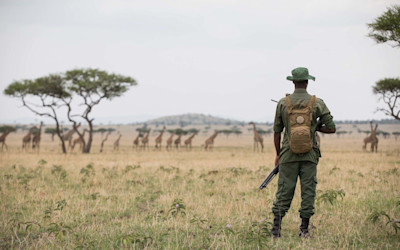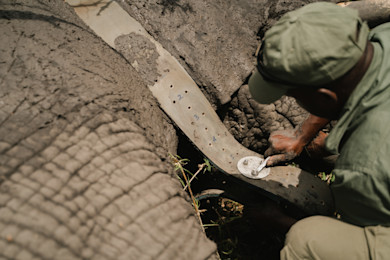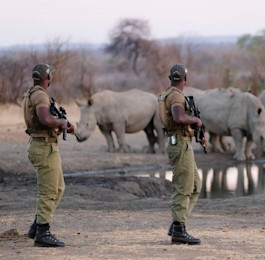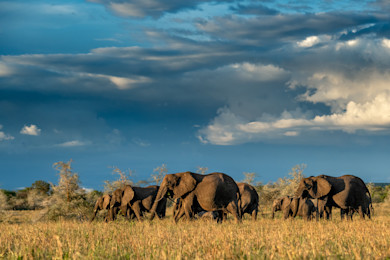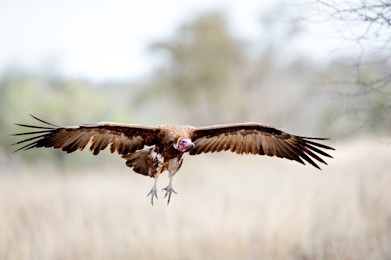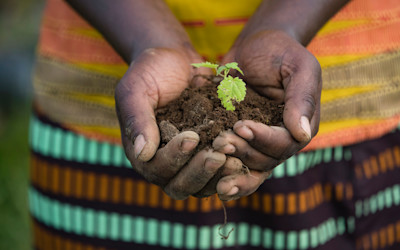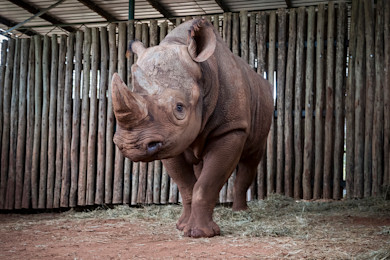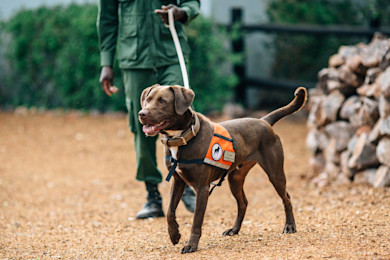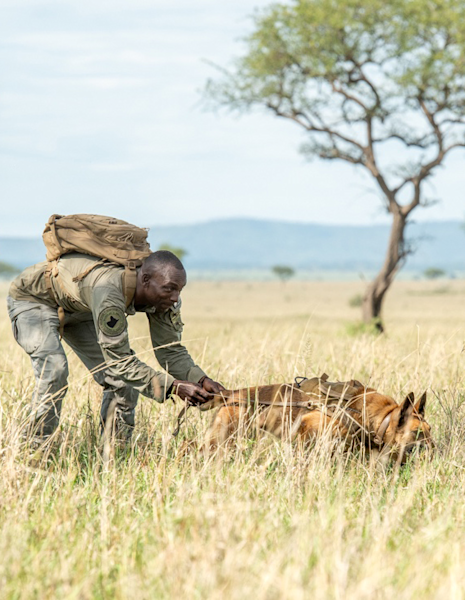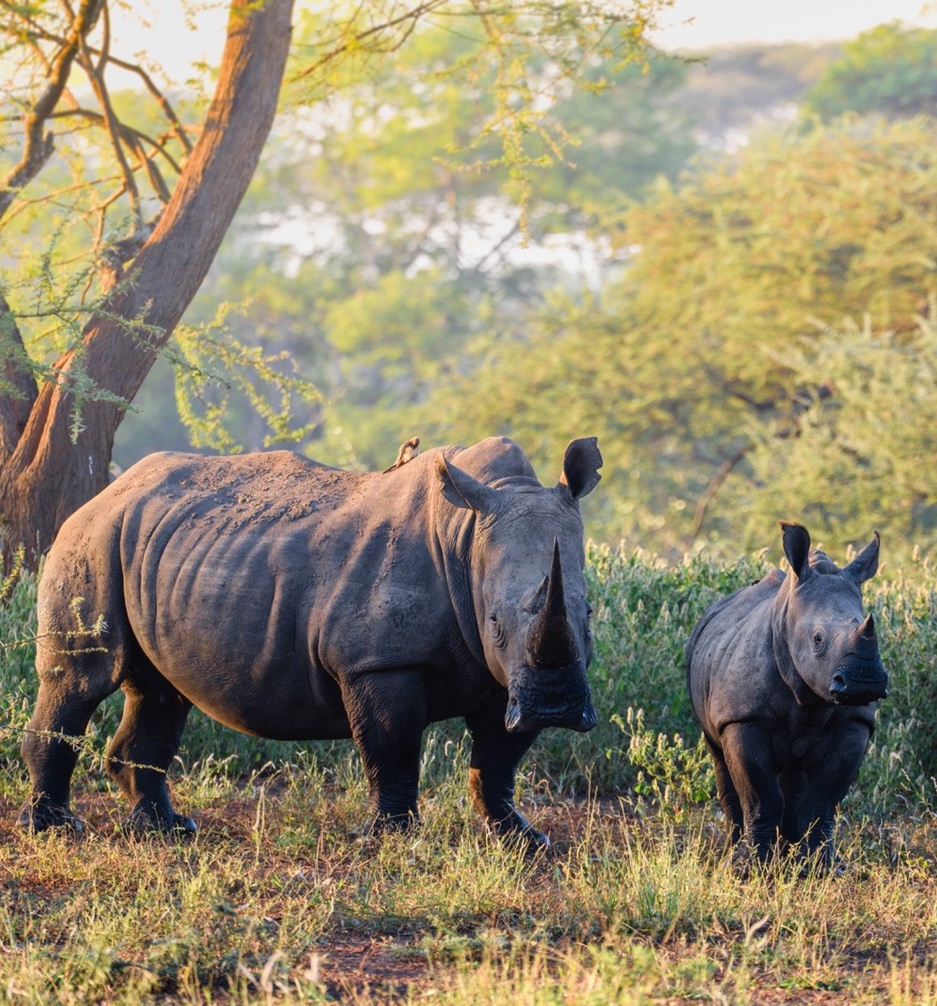
Rhino Conservation and Anti-Poaching
The extinction of black rhino in the area and the depletion of white rhino numbers to only nine was cause for great concern in 1998.
A programme to reintroduce these species was initiated by The Malilangwe Trust when 28 black and 15 white rhinos were purchased and relocated from KwaZulu-Natal in South Africa.
Since their release, these animals have been under the constant watchful eye of Malilangwe’s anti-poaching team. This protection, in conjunction with a favourable habitat, has ensured that populations of both species have grown significantly over the last 18 years. The thriving population has seen an improvement of the ecology of the reserve through black rhino filling the ecological niche they held before local extinction.
The programme has been so successful that Malilangwe is now in a position to send some of its black rhino to other reserves in Africa, in order to re-establish populations in areas where the species was previously poached to extinction.
Key Successes
chevron-right
How can I support this project?
chevron-right
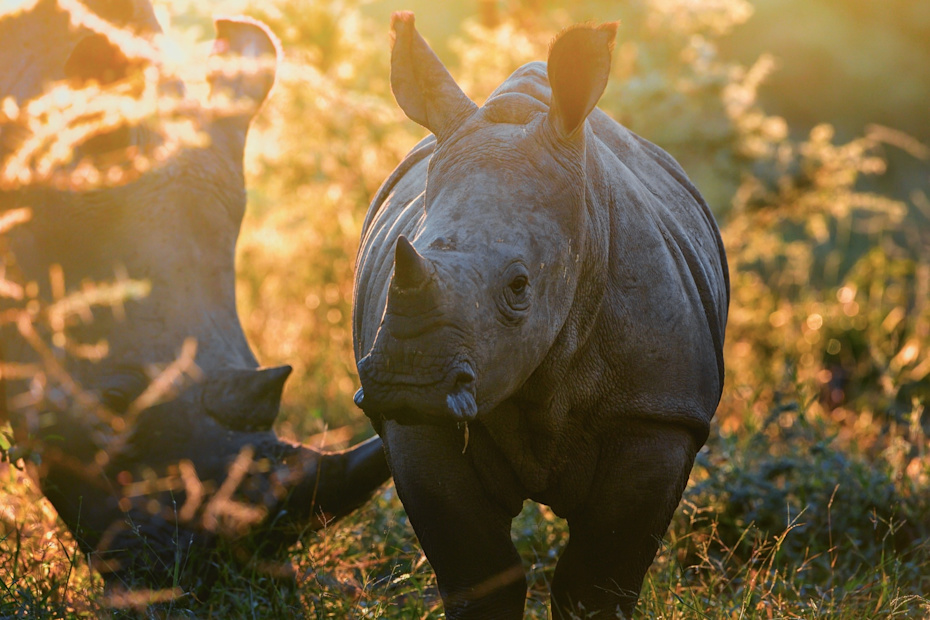
Rhino Conservation and Anti-Poaching
BiodiversityShare:
Conservation Partner
Malilangwe Trust
As custodians of the Malilangwe Wildlife Reserve in Zimbabwe, the Malilangwe Trust manages the conservation of this pristine wilderness – which comprises 38 different habitats and ecological zones in 115,000 acres of protected land.
After successfully introducing 28 black and 15 white rhinos to the reserve in 1998, it is now home to a globally significant population of both and the programme has been so successful that it is a source for restocking rhinos in other reserves on the continent.
The Trust has developed a blueprint for creating harmony between conservation initiatives and community development in villages that neighbour wildlife areas and ensured a sanctuary for a wide range of wildlife, including breeding herds of rare antelope species such as sable and roan.
An onsite Environmental Education Centre for school teachers and children allows them to immerse themselves in Outdoor Education and fieldwork, while the Trust’s nutrition programme provides 20,000 children with a fortifying meal before school every day in order to address increasing food insecurity in the region.
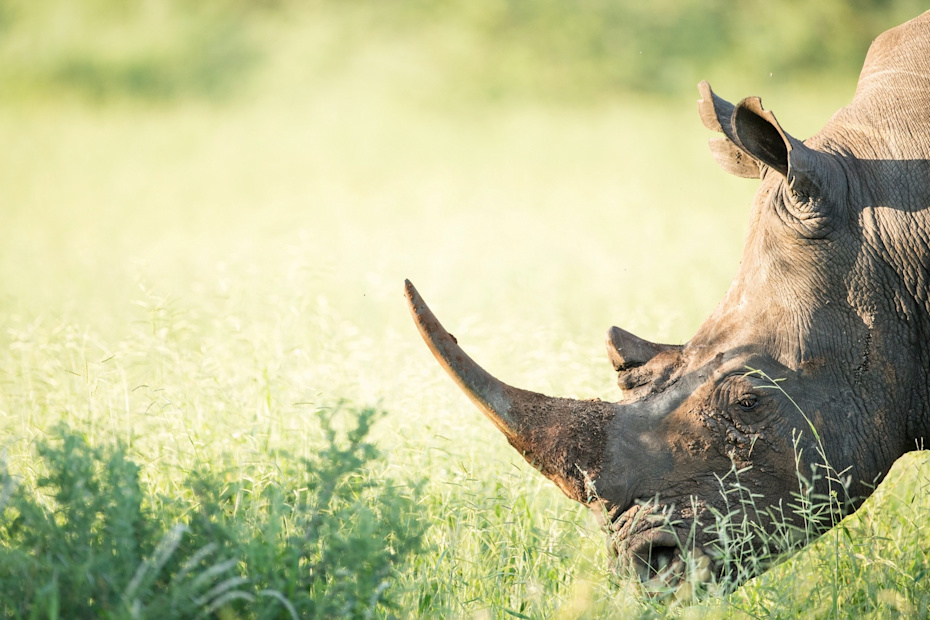
Other Biodiversity Projects
AllTanzaniaSouth AfricaZimbabweRwanda
AllTanzaniaSouth AfricaZimbabweRwanda

